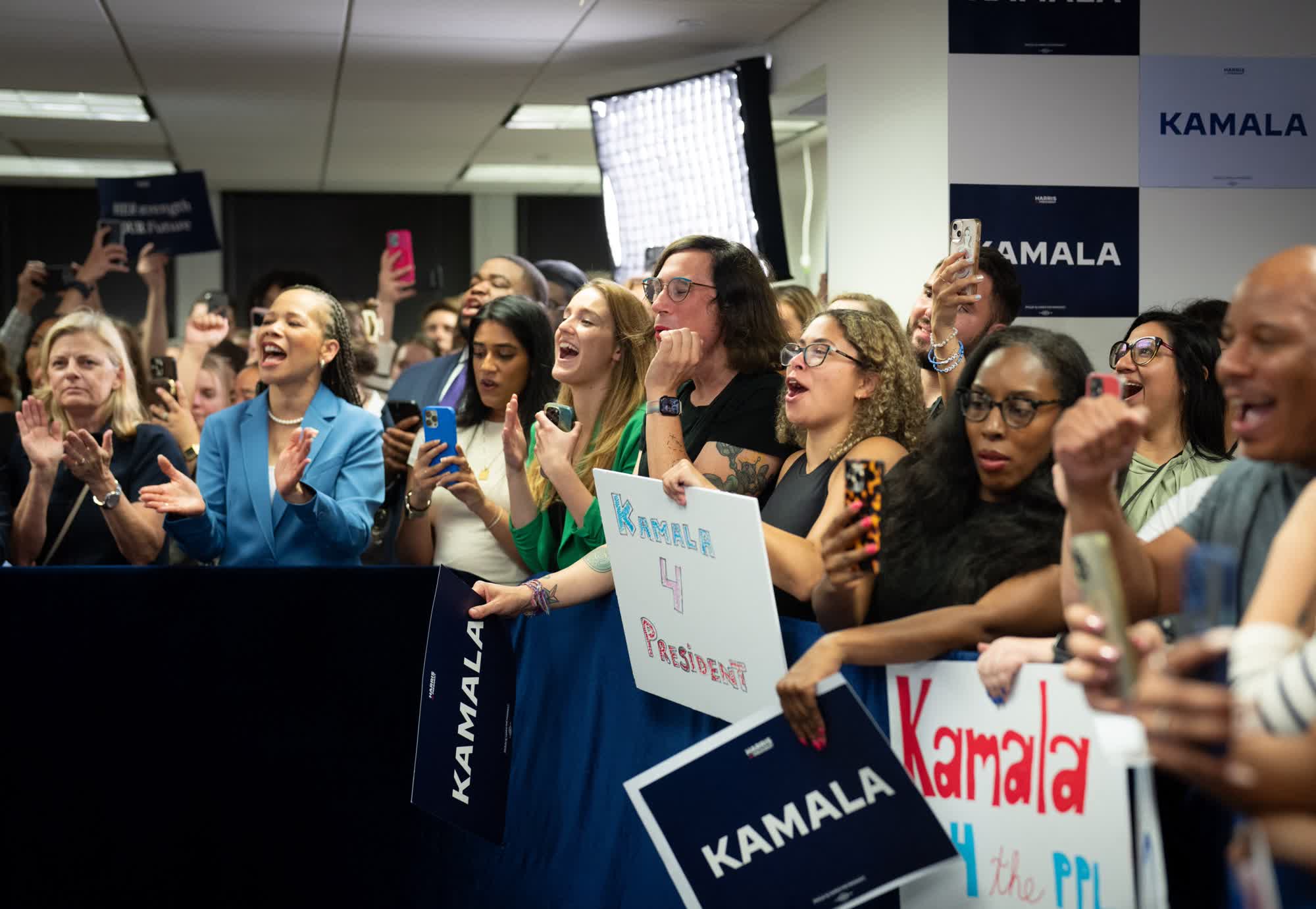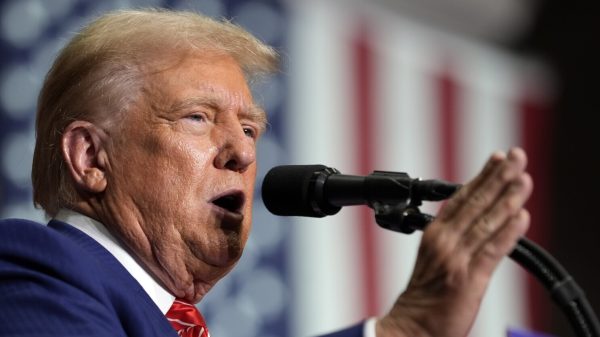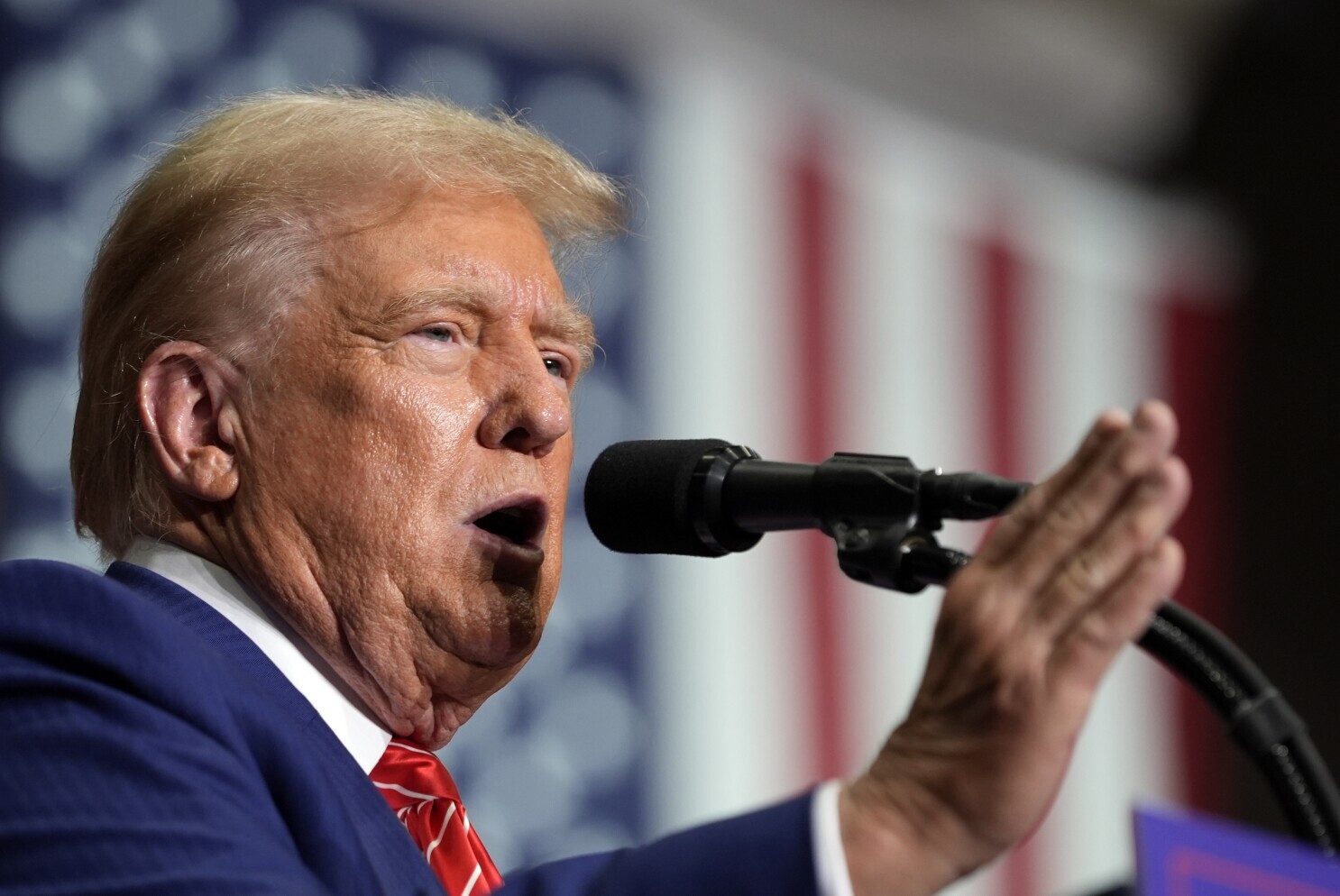As the 2024 presidential election approaches, the impact of creators and their audiences has grown immensely compared to the 2020 election. Recognizing this shift, candidates from both major parties have been actively engaging with various content creators to appeal to their audiences.
This strategic move underscores the emerging role of social media influencers as powerful tools in political campaigning, with notable appearances by Vice President Kamala Harris and former President Donald Trump on popular podcasts aimed at reaching diverse voter segments.
The range of creators and platforms that candidates utilize reflects their efforts to connect with different demographics while also addressing the ongoing fragmentation in media consumption. As content creators gain importance in marketing strategies, political teams have adapted their approaches to include influencers in their campaigns.
This shift has prompted marketers to prepare for a surge of political discussions from creators in the lead-up to the election. Some agencies are even suggesting a “dark period” for influencer campaigns, recommending a pause on content during this politically charged time.
In light of the political climate, agencies like Sway Group are advising clients to halt their promotional efforts from Halloween until a few days after the election. Concerns over potential backlash from political engagement are driving this recommendation. Many marketers believe it is safer to avoid political conversations altogether, while others encourage aligning with values rather than political affiliations to ensure brands remain relevant without getting embroiled in contentious debates.

Embracing Influencer Engagement in the Evolving Role of Creators for the 2024 Presidential Election Campaign
However, there is a divergence of opinion on whether brands should completely retreat from political topics. Critics argue that remaining silent on significant issues could alienate younger consumers who prioritize authenticity and engagement from the brands they support.
Industry experts emphasize that demonstrating consistent action is crucial for building trust with consumers, especially in these politically charged times. Meanwhile, a substantial number of influencers are embracing political content, with many reporting an increase in political posts, signaling a broader trend toward activism within the creator community.
Looking ahead, the role of politics in the creator economy is likely to expand further. Brands must acknowledge that creators will continue to express their views and values through their platforms. By partnering with influencers who share similar principles, brands can sidestep potential controversies and reinforce their commitment to social issues that resonate with their audience.
Focusing on themes like mental health and inclusivity enables brands to maintain a positive presence while fostering genuine connections with consumers in a continually evolving environment.








































